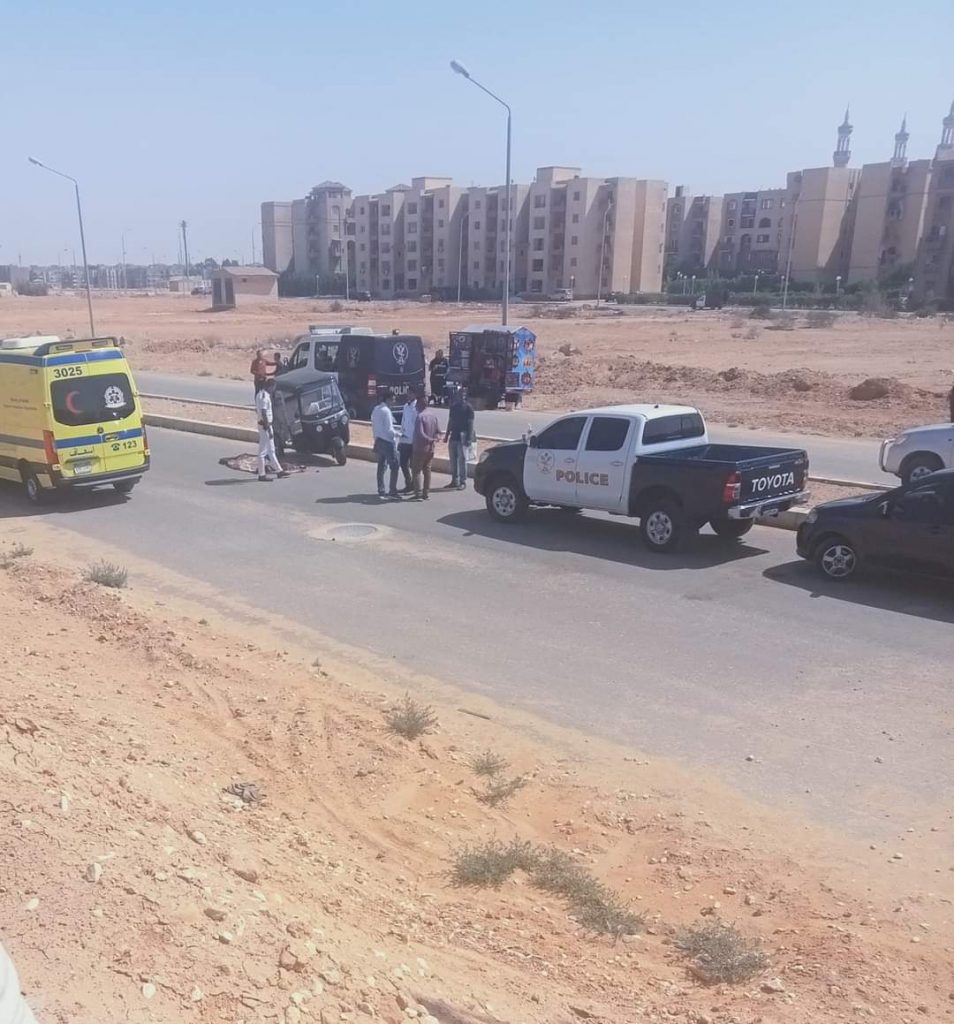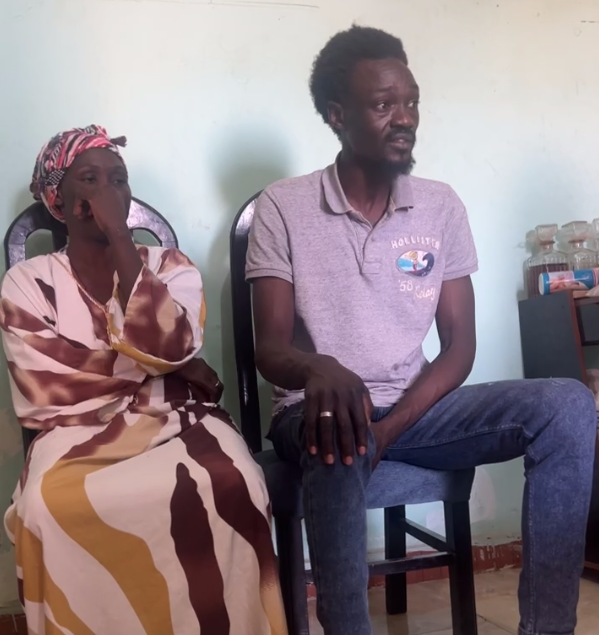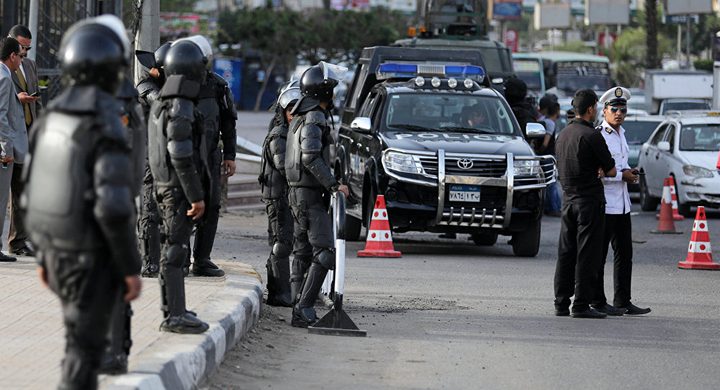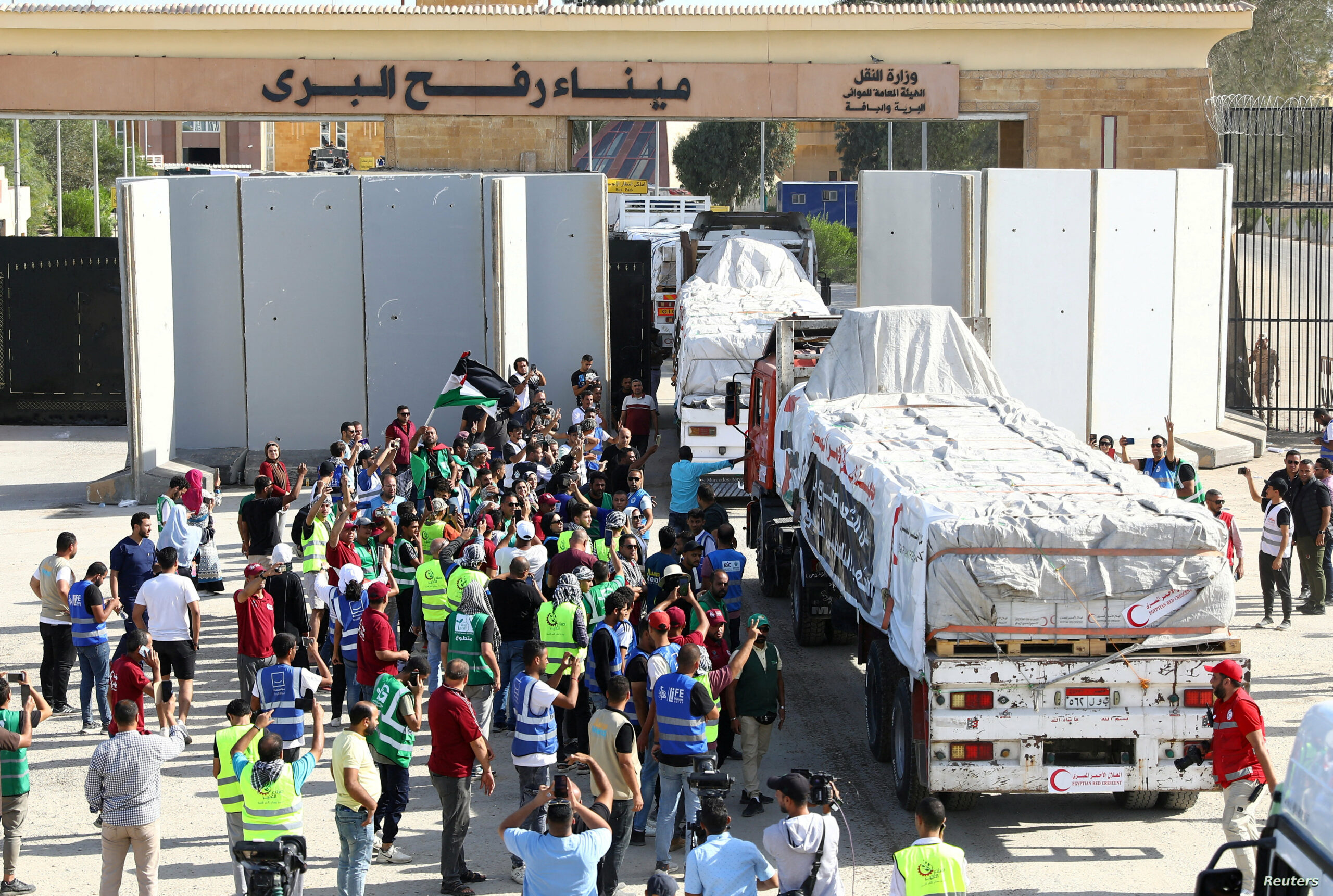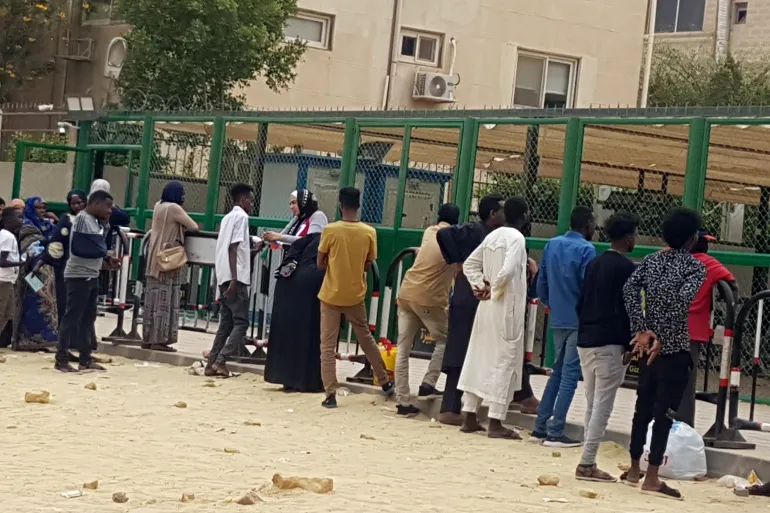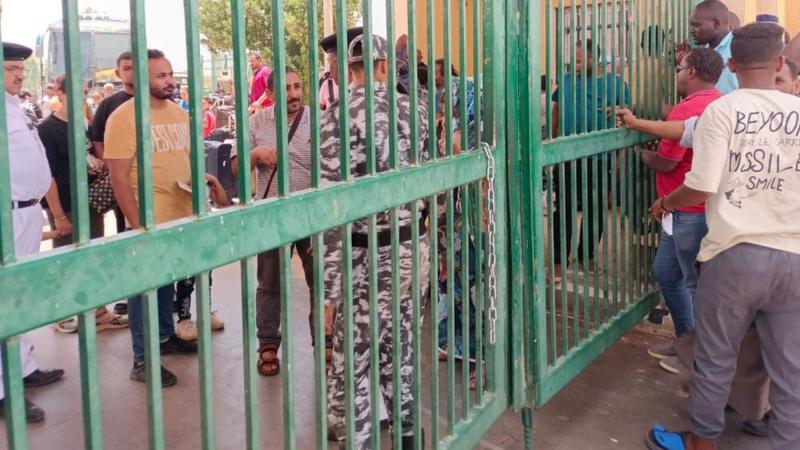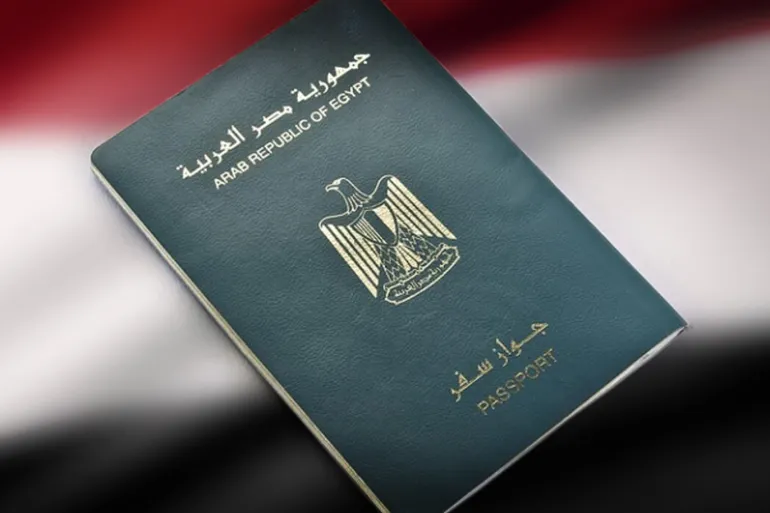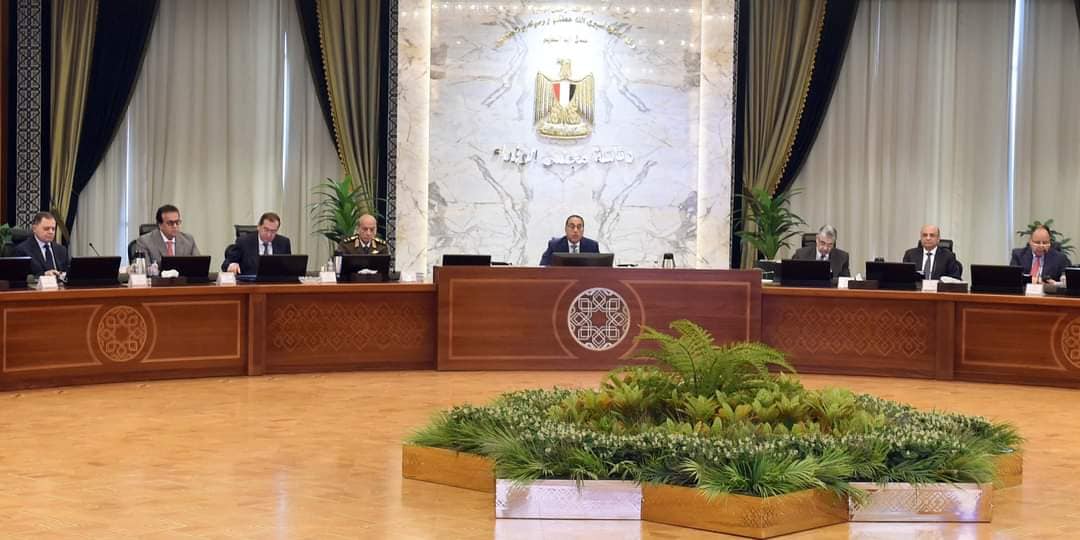A 15-year-old Somali child, surrendered herself to the Egyptian police, confessing the killing of a tuk-tuk driver who tried to sexually assault her, in the eleventh district of October 6 city, Giza governorate, Al-Masry Al-Youm newspaper reported.
The Somali child came to the police station accompanied by a lawyer affiliated with the United Nations High Commissioner for Refugees (UNHCR) in Egypt. She said that she did not intend to kill the driver and that she had stopped him to take her to her place of residence, after which he tried to sexually assault her under the threat of a pocket knife.
According to the confessions published by Al-Masry Al-Youm, the girl said that she managed to get the knife from the attacker’s hand and stabbed him with it during his attempt to assault her, and fled, without knowing that he had died.
The girl was brought before the Public Prosecution and is in custody for four days pending investigations. The Public Prosecution ordered the security services to prepare investigations into the incident to reveal its circumstances. On Wednesday, the competent investigation authorities requested that the girl be brought before the Forensic Medicine Authority, to verify the authenticity of her account of an attempted sexual assault by the tuk-tuk driver.
The 6th of October Police Department had received a report, last week, of finding a dead body in the 11th district. By examination, it is the body of a tuk-tuk driver killed by a stab in the lower-left armpit, and next to him was his tuk-tuk. The body was transferred to the hospital morgue and the Public Prosecution ordered an autopsy and requested a report.
Activists wrote on social media platforms calling on the Public Prosecution to release the girl, appealing to the National Council for Women’s Rights to intervene to provide psychological support and protection for her. A group of lawyers announced their willingness to volunteer to come to her defence.
In 2018, the UNHCR and its partner CARE International were informed of 1,231 sexual and gender-based violence cases against African refugees and asylum seekers, which constitutes 81% of the total of 2018. The reported cases are 696 cases of rape (56.5%), and 239 cases of sexual assault (19.4%), according to the UNHCR. The cases of rape and physical assaults in Egypt increased after the COVID-19 pandemic, to about 300,000 cases or more.
Fatma Abdelkader, who works with local aid group Tadamon which runs a community centre, stated in a report published by Reuters in 2019 about the escalation of sexual assaults against African refugee women. Abdelkader emphasized that “cases of sex abuse had increased in the past six months, with attackers seeming to seek out African women as prey”. “The darker the skin tone, the more susceptible the women are to violence”, she added.
“From two to three (complaints of abuse) a week they were going to seven a week,” said Laurent De Boeck, head of the International Organization for Migration in Egypt, to Reuters at the time.
The Refugees Platform in Egypt receives reports from women refugees, migrants and asylum seekers complaining that Police departments do not accept their reports of abuse. Adding that no real investigation takes place unless the case is a public opinion matter.
The refusal to lodge complaints or investigate them by the relevant authorities, without protection or genuine support from UNHCR to support survivors, is something that pushes victims to avoid legal action and to face more sexual and physical abuse.

